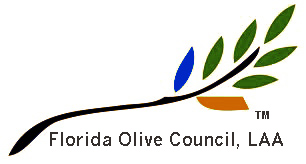Florida Olive Chemistry
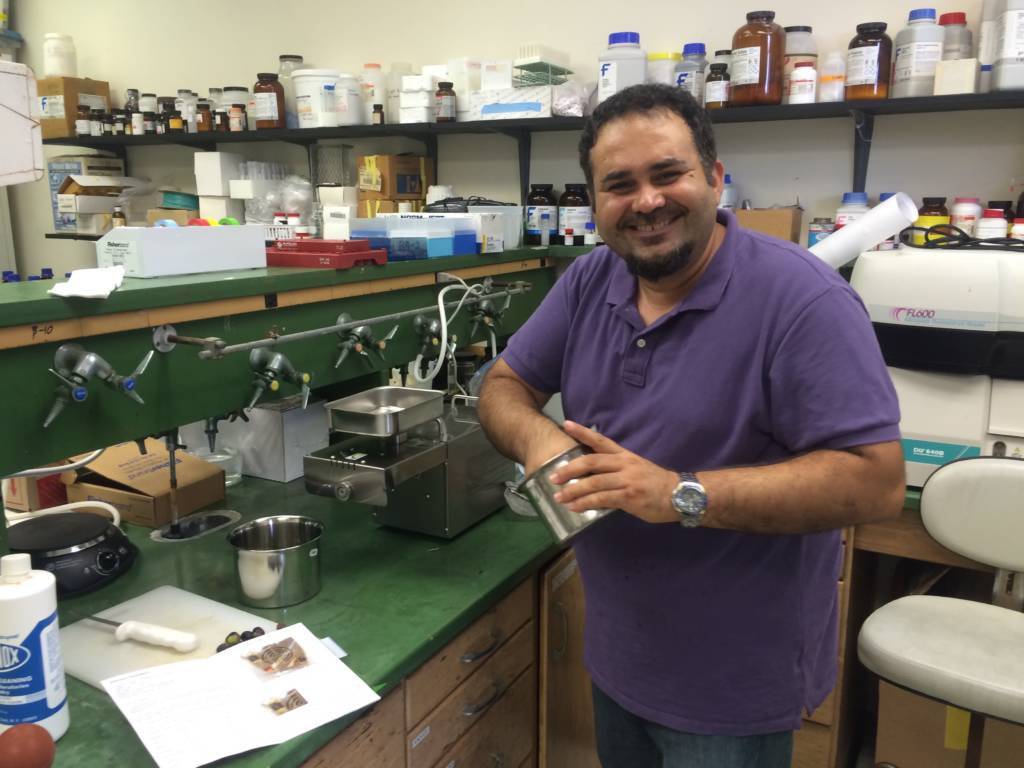
Dr. Yavuz Yagiz, UF-IFAS Food Science professor, macerating Florida olives with machine (on bench) purchased by the Florida Olive Council
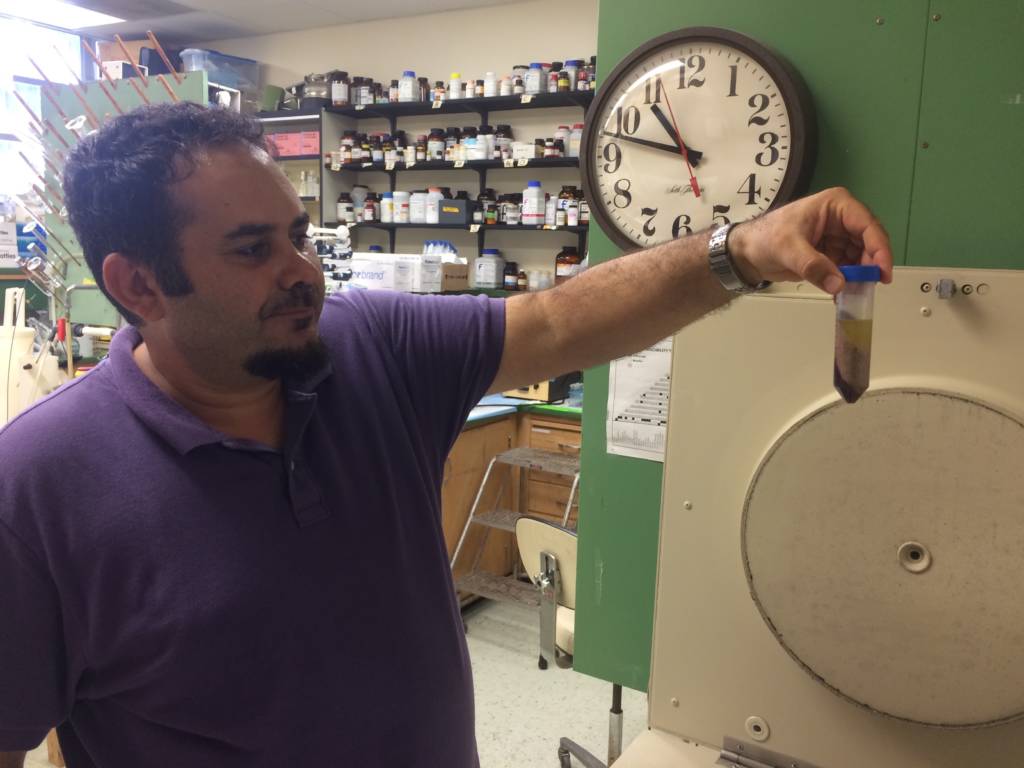
Dr. Yavuz Yagiz, UF-IFAS Food Science professor analyzes Florida olive oil.
Quality of Florida Olive Oil
Quality is the essential ingredient of any product profitably sold in the marketplace over time. Short term profits can be had by cutting corners; but in the long run, quality will out. As we study the olive in Florida, it is important to carefully document development of the crop, both oil and fresh fruit, so as to track quality parameters and better understand the chemistry associated with Florida olive oil. Both the ability and experience to conduct proper chemical analysis of olive oil as well as the organoleptic (sensory) evaluation capability is essential for a quality olive oil evaluation program. The Florida Olive Council continues support of the UF-IFAS Food Science and Human Nutrition department as it builds capacity in this new area of study.
Building Organoleptic Skills at UF-IFAS Food Science Department
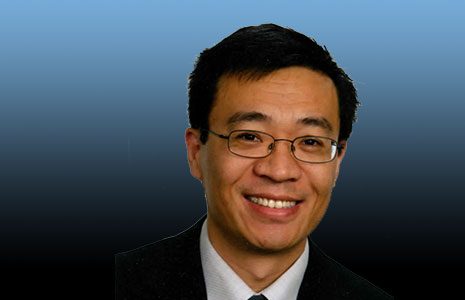
Dr. Liewi Gu
The Florida Olive Council continues to support olive organoleptic education of students and faculty at UF-IFAS Food Science and Human Nutrition department. In 2018, the Council sponsored Food Science Professor Dr. Liwei Gu to attend the University of California (Davis) training session on organoleptic evaluation of olive oil. The UF-IFAS Food Science Department evaluated oil both organoleptically and chemically from a Frantoio tree located at Don Mueller’s grove in Marianna. Below is an example of the UF-IFAS Food Science sensory panel’s report.
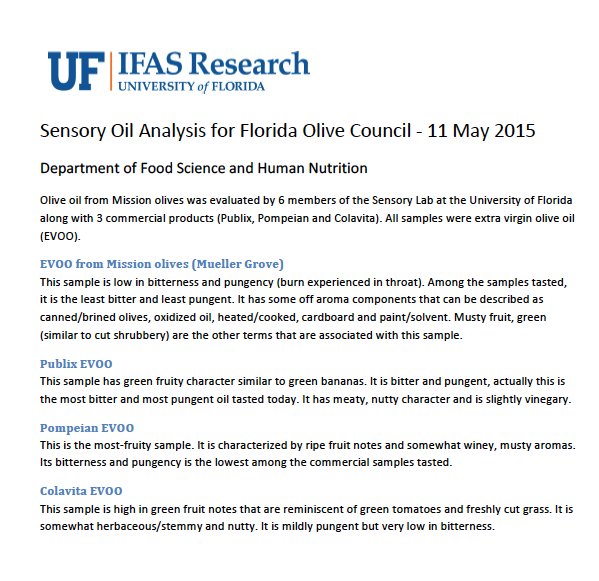
Establishing a Baseline for Florida Olive Oil
During the 2015 growing season, the Council collected samples of olives from several groves around the State and sent them to the UF-IFAS Food Science department for analysis. Using equipment purchased for his lab by the Council, Dr. Yavuz Yagiz processed the samples and made preliminary analysis. The samples and information were shared with the oil lab at University of Georgia. Below are two examples of reports from the University of Georgia lab. Results from Georgia lab and Florida lab compare favorably suggesting that the evaluation protocols are relatively consistent.
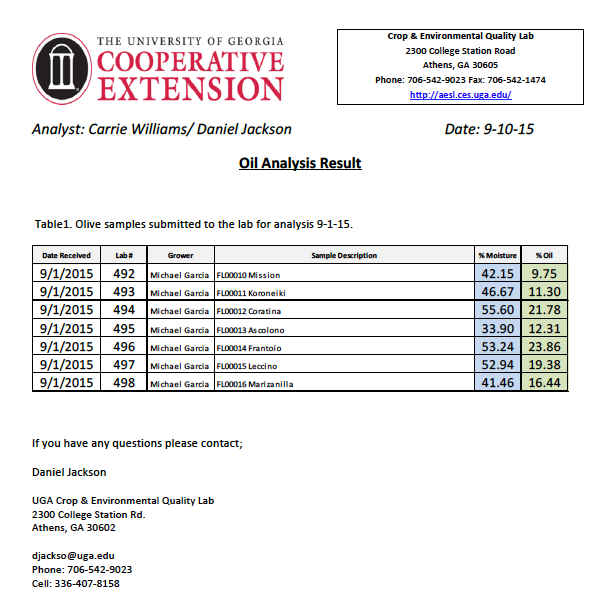
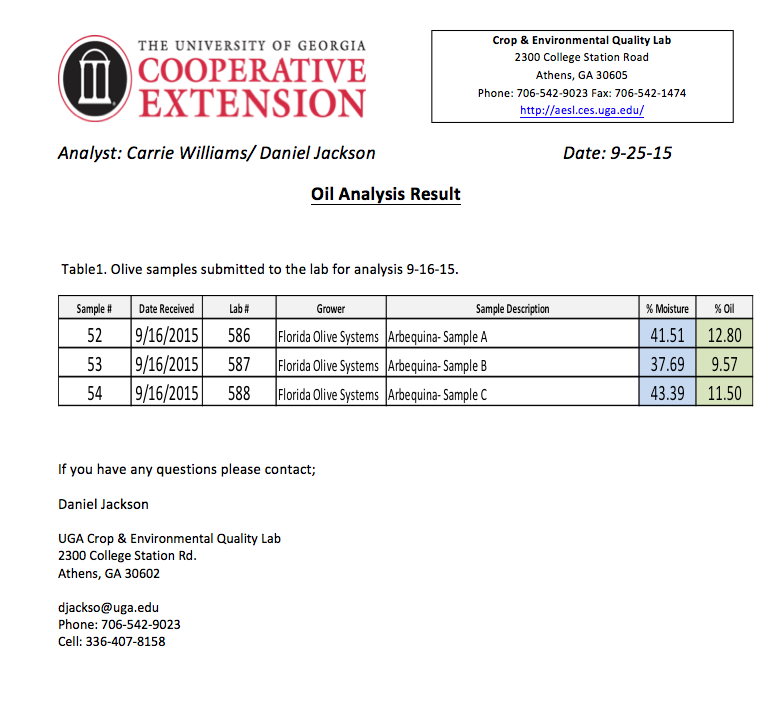
We need your help.
The Florida Olive Council is a non-profit organization certified under Federal tax code 501(c)(3) and Florida statutes Chapter 617. We are supported by your contributions. Ninety-five (95%) of your donation goes directly to supporting olive research. Our directors and officers receive no salary or other compensation. Donate
